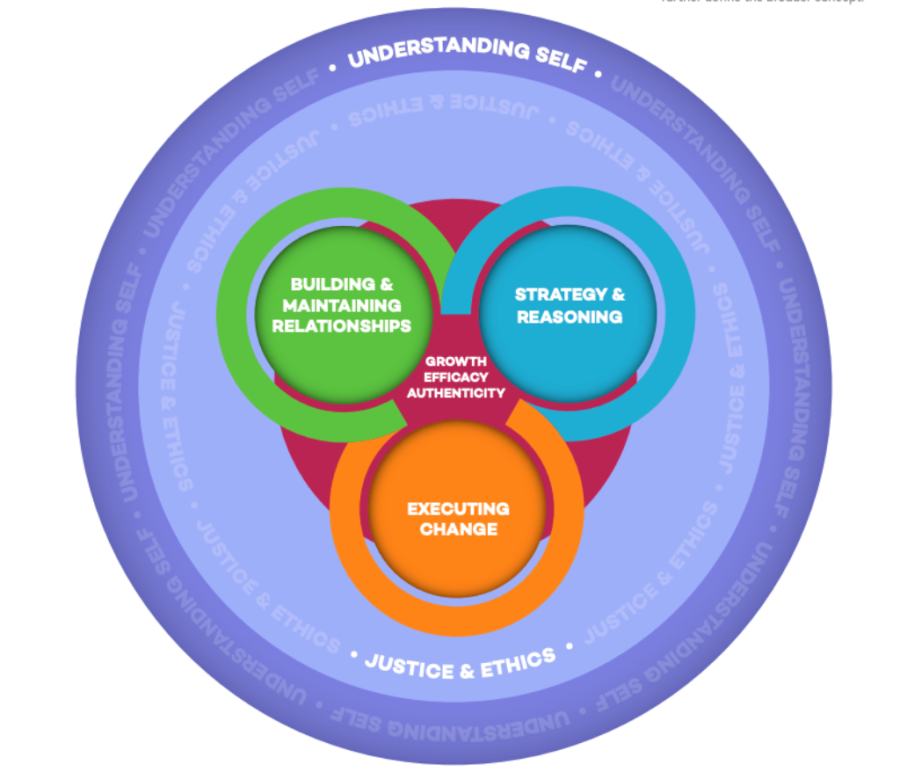
Performative activism can vary depending on person and cause, but this article will focus on how it is seen in social media. Performative activism is often found in the form of posts signaling support for movements. It prioritizes alleviating guilt over actual devotion to a cause. One common phenomenon leading to performative activism in some cases is white guilt. A white individual may make performative gestures to “prove” that they are a good person. Signs of performative activism include public or loud displays that do not further the hard work of changing destructive systems. Additionally, performative activists are quick to give up, perhaps congratulating themselves on a job well done after merely a post or two. Real activism involves sustainable action and sticking with a cause even when it is no longer trendy to do so.
Performative activism isn’t necessarily helpful to anyone involved, because performative activists don’t really care about the cause they are promoting, acting rather for their own social capital. These actions do not provide any real change and don’t do anything but merely display the person’s “caring side.” The key difference between performative activism and true activism is the intention of the person acting. If their intentions are awareness and support for a cause, the person believes their actions will help others act as well; they will truly be helping their cause. In contrast, untrue intentions cause the person to neglect their message and forget to reflect on if what they are doing will help. With bad intentions, performative activism yields unhelpful results.

By reflecting on the intentions of their posts, one can identify if they are truly a committed activist. To recognize performative activism, it cannot be stressed enough that looking at motives shows the true colors of the situation; one can ask if they really care about and believe in the issue at hand, or if they simply care about being seen as a good person. Being a true activist is focusing on the real and authentic voices of marginalized groups instead of posting things originating from the poster’s point of view. To avoid performative activism, reflect on what you are really saying and never give up trying to be better at getting one’s message across. A way of keeping one’s actions honorable is to only post what one says in real life.
Adding onto a conversation, even online, requires thought and reflection. Examine whether you are creating noise or elevating the discussion. Also, consider the voices that are part of a conversation. Is your perspective really the one that should be centered? Listening and learning is vitally important to any form of activism and can help you avoid being performative. We’re not saying that all posting is bad, but is crucial to consider what and why you are posting. Keep in mind that a thoughtful post can create an impact. Think about other ways you can actively support a cause: donate if you are able or get involved with reputable organizations.







